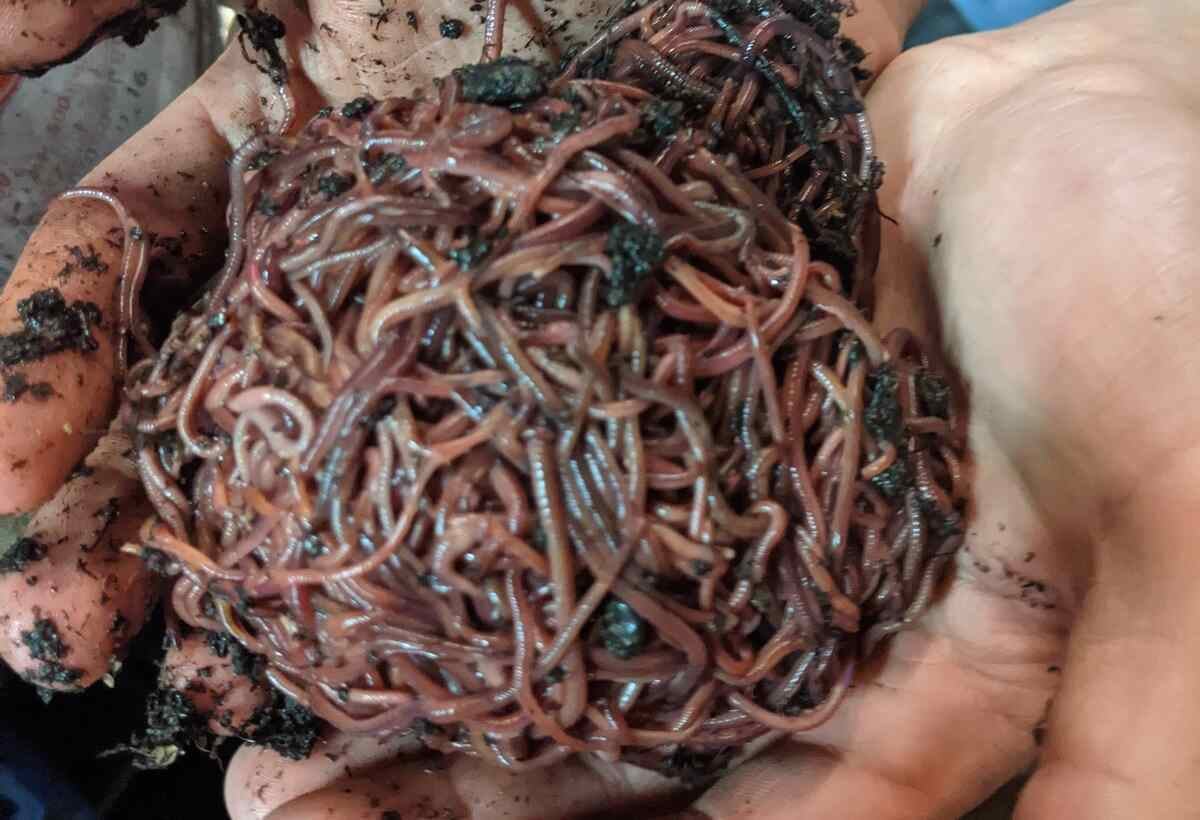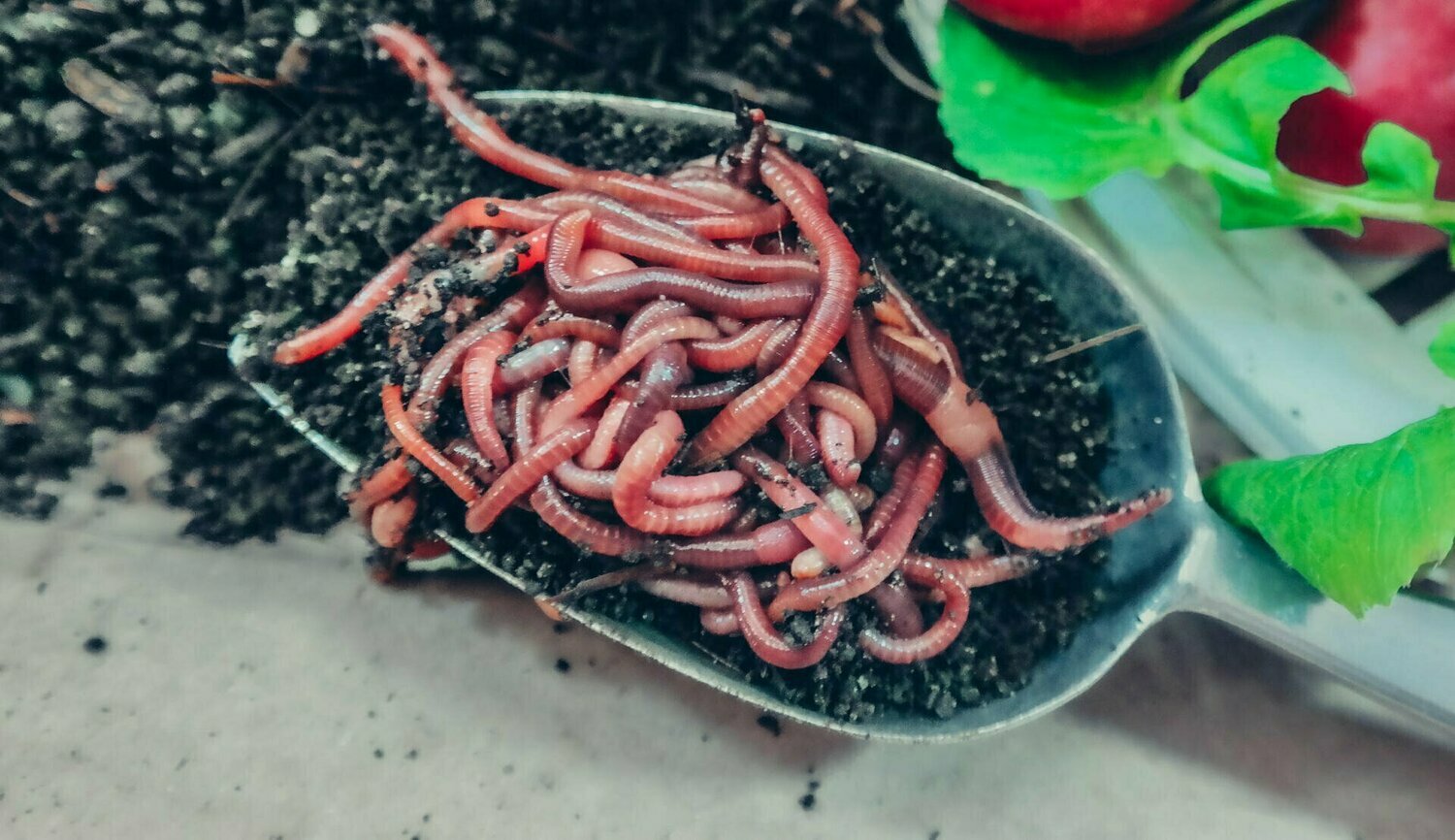Red Wiggler Worms Demystified: Unlocking the Secrets of Vermiculture for Greener Living and Nutrient-Rich Dirt
In the realm of lasting practices for enriching soil quality and promoting eco-conscious living, red wiggler worms play a pivotal yet often forgotten role. These humble creatures have the impressive ability to change organic waste into nutrient-rich castings that function as a potent natural plant food. By diving right into the world of vermiculture, one can reveal a plethora of advantages that prolong much past conventional composting approaches. Understanding the complexities of caring for these worms, maximizing their environment, and utilizing their castings can cause a greener way of life and much healthier dirt for plants to thrive.
The Function of Red Wiggler Worms
Red Wiggler worms play an essential duty in composting systems by efficiently breaking down natural matter into nutrient-rich castings. These starved eaters consume a range of organic products, such as kitchen scraps, yard waste, and paper products. As they feed, the worms' digestion procedures break down the raw material right into a penalty, dark, and nutrient-dense product referred to as worm spreadings or vermicompost.
The spreadings created by Red Wiggler worms are highly valuable for soil health and plant development. They are abundant in necessary nutrients like phosphorus, nitrogen, and potassium, which are essential for supporting healthy and balanced plant advancement. Furthermore, worm castings have helpful microbes and enzymes that aid boost dirt structure, increase water retention, and improve nutrient uptake by plants.
Advantages of Vermicomposting

Furthermore, vermicompost, the nutrient-rich final product of vermicomposting, acts as an outstanding organic plant food and dirt conditioner. It improves dirt framework, enhances soil oygenation, and raises dirt wetness retention. These residential or commercial properties add to healthier plants with more powerful origin systems and better resistance to insects and conditions. Vermicompost additionally enriches the dirt with important nutrients like phosphorus, nitrogen, and potassium, promoting plant growth and general soil fertility.
Additionally, vermicomposting supports lasting horticulture techniques by offering a chemical-free and natural choice to artificial fertilizers. Red Wiggler Worms. This environmentally pleasant strategy not only enhances the soil yet likewise assists minimize dependence on harmful chemicals, promoting a greener and a lot more sustainable means of horticulture
Establishing a Worm Container
When establishing a worm bin for vermicomposting, correct configuration is essential to ensure the success of the composting process. The initial step in setting up a worm container is selecting an ideal container.
After including the bed linen, introduce the red wiggler worms to the container. It is suggested to start with a tiny number of worms and progressively boost as they increase. The worms must after that be supplied with food scraps such as vegetables and fruit peels, coffee premises, and eggshells. It is necessary to stay clear of including meat, milk, oily, or salted foods to avoid drawing in bugs and producing undesirable smells.
On a regular basis keep an eye on the moisture levels and temperature in the worm container to make sure ideal problems for the worms. With appropriate arrangement and upkeep, the worm container will effectively convert natural waste right into nutrient-rich compost for your plants and garden.
Harvesting Worm Castings
To successfully accumulate nutrient-rich worm castings from your vermicomposting system, a systematic harvesting method is important. There are a few crucial actions to comply with to ensure a successful procedure when it comes time to gather the worm castings. Quit including fresh food scraps to one side of the worm container for a pair of weeks prior to collecting. This urges the worms to move to the side with fresh bed linen and food, making it easier to scoop out the spreadings from the opposite.

Troubleshooting Common Issues
Recognizing and dealing with usual obstacles that may occur throughout the vermicomposting process is essential for maintaining a healthy and efficient worm bin. Adding excess food scraps can lead to a buildup of wetness and level of acidity in the worm container, potentially harming the worms. Another issue is undesirable smells emanating from the worm bin.
Additionally, if the worm populace is decreasing or the worms appear unhealthy, maybe due to environmental stressors such as severe temperature levels or pH levels. Monitoring these elements and making needed modifications is essential for the wellness of the worms. By repairing these typical issues promptly, vermicomposters can ensure a smooth and successful vermicomposting procedure while keeping a flourishing worm populace.

Verdict
In verdict, red wiggler worms play a crucial duty in vermiculture by damaging down natural matter right into nutrient-rich dirt. Setting up a worm bin is vital for successful vermiculture, and gathering worm spreadings provides useful compost for horticulture.
As they feed, the worms' digestive processes damage down the organic issue right into a penalty, dark, and nutrient-dense product known as worm spreadings or vermicompost.
The spreadings produced by Red Wiggler worms are extremely helpful for soil health and plant development. Including excess food scraps can lead to a buildup of moisture and click to find out more level of acidity in the worm container, possibly harming the worms.Additionally, if the worm population is decreasing or the worms show up unhealthy, it could be due to ecological stress factors such as severe temperature levels or pH levels. Setting up a worm container is necessary for effective vermiculture, and harvesting worm castings offers important garden compost for gardening.